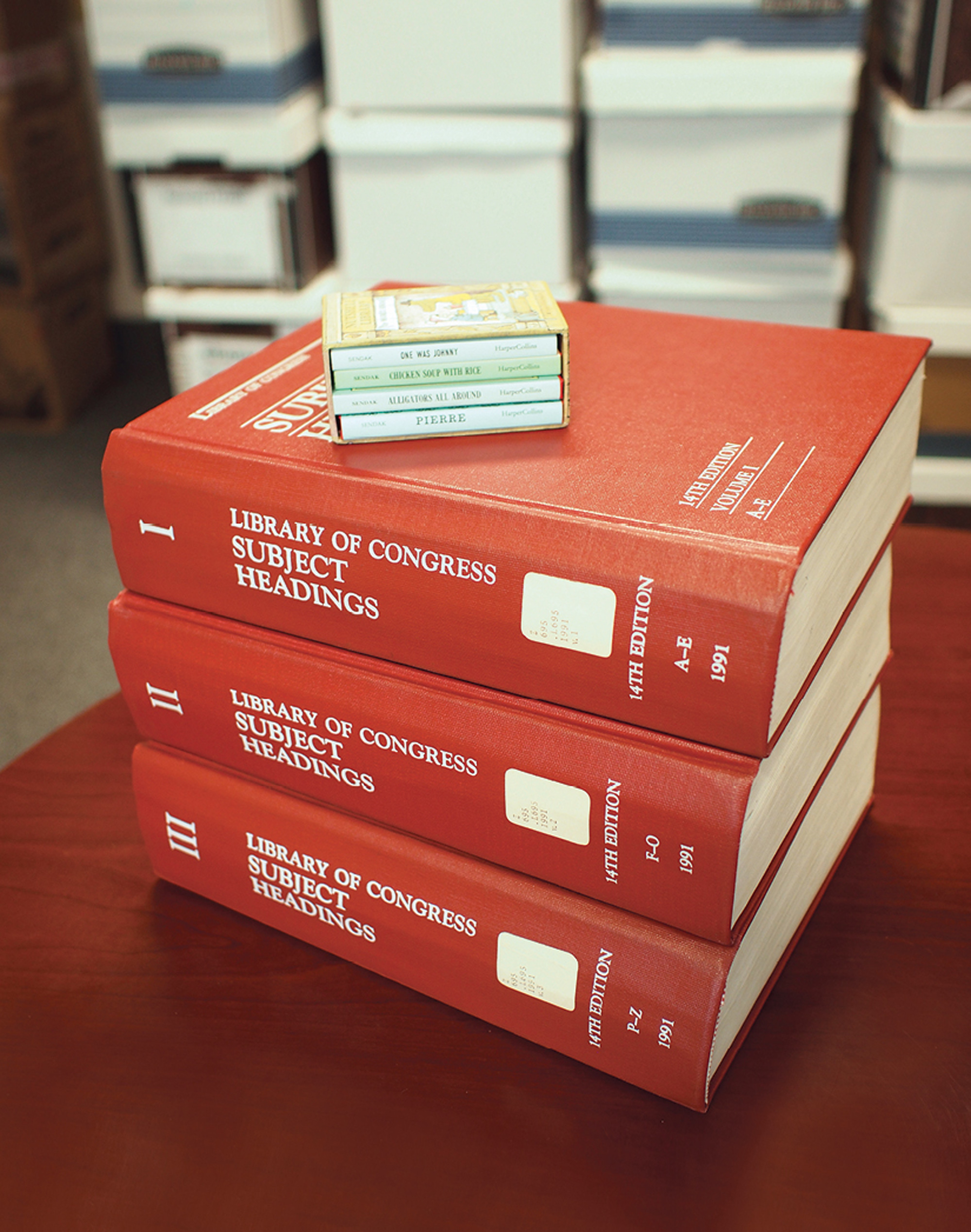The Library in a Nutshell
Crazy encounters, impossible juxtapositions, and magical gluttony
Daniel Rosenberg

There is a library at the foot of Mount Pisgah in Oregon. It’s my library, or a large part of it, and for some years it has been parked along with several RVs and a disused taco stand at a self-storage facility just off I-5 near Eugene.
It took years to gather these books. Some come from shops in cities as distant as Paris and Tokyo. Others come from the shelves of my grandparents’ apartment in the Bronx—among these, a copy of Ten Days That Shook the World, autographed by John Reed in 1919 when he stayed at my great uncle’s farm in Iselin, New Jersey, and a copy of Nikolai Bukharin’s Historical Materialism: A System of Sociology, given to my grandfather by his sister on the occasion of his sixteenth birthday.
There was a time when these books crowded the houses where I lived. And then there were moves and more moves. The books were indexed, sorted, and packed carefully. Eventually, many of the boxes stopped being unpacked.
It’s not that I don’t have books around. There are heaps in my office, many of which I use all the time for teaching and research. But, in some ways, it’s the part of my library that lives at Mount Pisgah that is most significant to me. These are the books that I don’t often consult, that are there only because they matter.
Where is the library going? It’s a tough question these days when many of us, even committed bibliophiles, read on electronic devices much of the time. Setting aside the labor and resources involved in storing books and moving them from place to place, our ability to move within searchable text gives the electronic book a powerful advantage in everyday use. In literary criticism these days, one speaks of “distant reading” in contrast to the “close reading” exalted in the twentieth century. Instead of poring over individual texts, more and more literary scholars pour texts into computers in order to search them and to examine them with quantitative tools. The library dissolves into what is known as a corpus, a curious name for the disembodiment of books.

Yet the feeling of the library endures. In my own book collection, two works nicely capture this. One, Maurice Sendak’s tiny four-book Nutshell Library, I acquired young. It planted the seeds of what I understand libraries to be. The other, a giant three-volume Library of Congress Subject Headings, I bought on remainder at the UC Berkeley library in the early 1990s, then lugged from city to city, storage unit to storage unit.